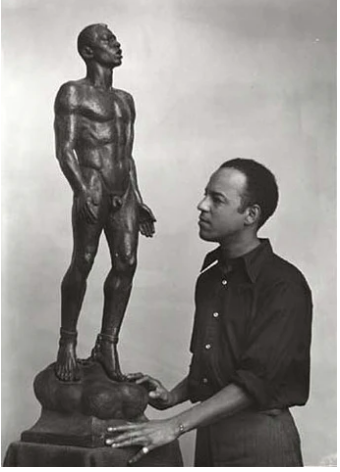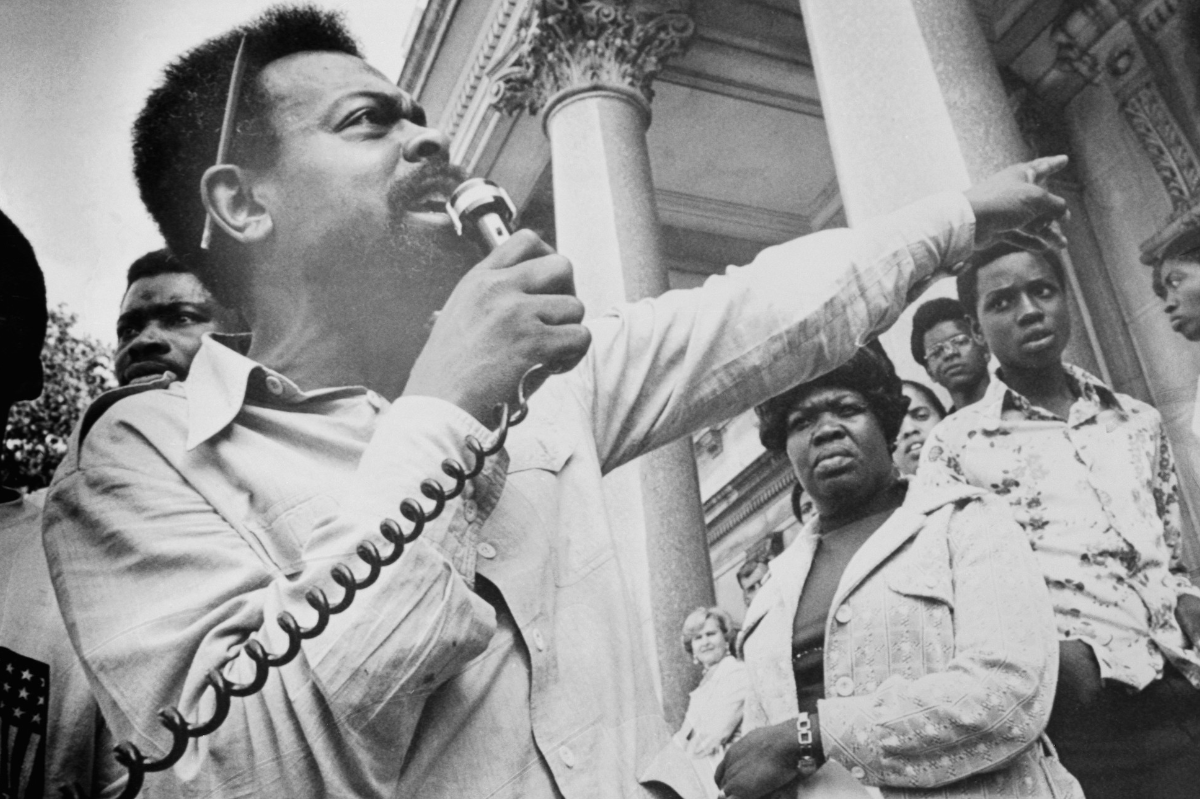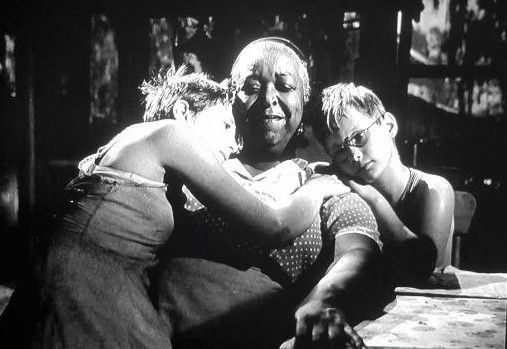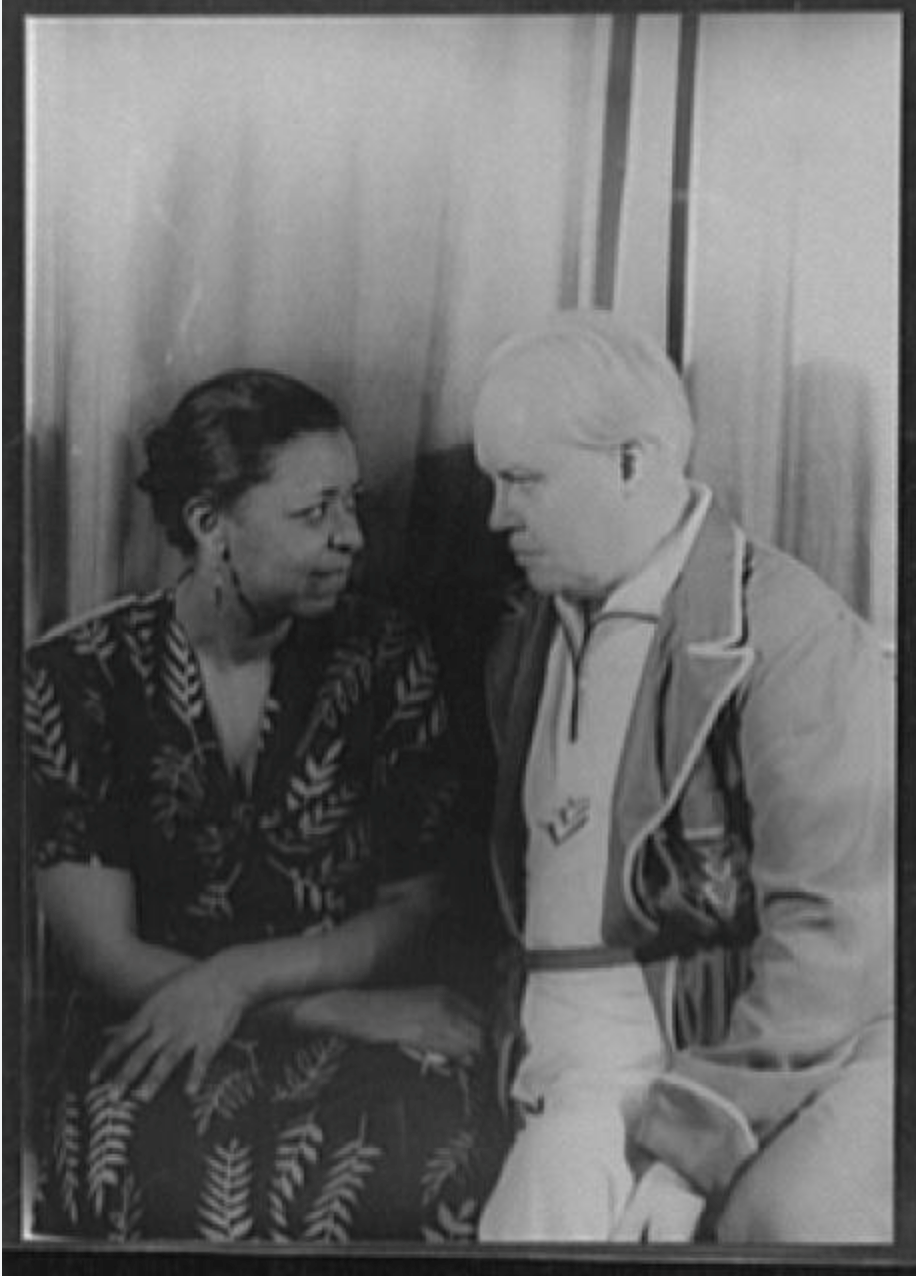God Loves Uganda - Religioius Extremism in Action

Modern African nations are largely creations of Western imperialism. Once the colonial powers and their administrative authority evaporate, these societies frequently experience wrenching transitions. Without a properly regulated society, there is nothing to curb the values being implemented by the newest wave of extremism. Thus, Uganda is subject to mob justice and various other manifestations of extreme faith. Some of the most disturbing scenes in God Loves Uganda are of young missionaries praying with destitute mothers and their feeble children in remote villages, promising them God’s glory and grace. Unlike these American youths (who are likely acting on good intentions), poor Ugandans do not have the choice to ‘reinvent’ themselves, reestablish their religious identity, and can’t lean on an effective social or governmental system to provide them with their basic needs. It becomes increasingly difficult for the religious poor to distance themselves from an irrational dependence on evangelicalism to solve their problems and “absolve them of their sins.” This paves the way for a violent demonization of the homosexuals already condemned by Western evangelicals. In God Loves Uganda, Kato’s murder is no longer a stand-alone event. Images of presumed homosexuals being jumped in the street and discussions of gay lynchings draw attention to the increasingly regressive effects of devout Christianity in Uganda.
Uganda was the first African nation to feature a barbarous dictator, Idi Amin. Although Amin was patently a buffoon and a murderer (100,000 to 500,000 people murdered under his regime), the very fact that he was able to remain in power for eight years, including a stint as the head of the Organizations of African Unity, demonstrates the weakness of the Western democracy Britain tried to leave as its legacy. Other forms of Western influence (Christianity, small-time capitalism), however, struck much deeper roots as evidenced by impassioned street preachers and the ‘hustle and grind’ mentality of Ugandan salesmen. Today, whichever Western values are backed by money and well-honed rhetoric easily penetrate Ugandan society. Unfortunately, the only influences attempting to reach Ugandans in this capacity are religious forces, while more useful and important aspects of Western democracy are denied the public by economic sanctions and ideological factors. Prior to the passage of Uganda’s anti-gay law, another Christian-based policy undermined development in the nation; the George W. Bush administration’s push for abstinence-based programs led to a rebound in AIDS rates in a nation that had previously been a model in the fight against the disease.
Both
Call Me
Kuchu
and
God Loves Uganda
explore themes of extremism, perception, and morality. While the former features scenes of Kato and his friends performing gender-bending drag shows, the latter depicts International House of Prayer devotees flailing and wailing in alarming mass prayer services. As third party viewers, we begin to wonder how extremism is defined, how context and cultural perception determine our perspective of each film.
Western-style homosexuality is a modern phenomenon, unknown in traditional African societies. There are other, age-old forms of homo-social attraction and activity, but nothing approaching a unified identity. With greater visibility in the West came greater reaction, particularly from the Christian right, engaged in culture wars against abortion, homosexuality, and liberalism. The movement’s clear losses in the United States have prompted its leaders to look to other nations. “The West has been in a decline,” Engle explains, “But right now I think that Africa is the firepot of spiritual renewal and revival.” While America has developed a resistance to this bigoted faith, Uganda is a prime target. With the youngest population in the world, indoctrination begins early on. While evangelicals warn Ugandans against homosexuals and their ‘recruitment’ and brain-washing’ processes, scenes of faith leaders and missionaries literally whispering the word of God into Ugandan children’s ears during prayer are profoundly unsettling. This religious brainwashing creates a receptive audience for outrageous lies (homosexuals created Nazism) and distorted propaganda (presenting some extreme practices, such as coprophilia, as typical). All the while, Evangelical devotees engage in their own irrational and extreme behavior: speaking in tongues, practicing exorcisms, and preaching hate and violence against gays.
Gay pride parades, effeminate dress, and other markers of Western homosexuality may be commonplace in the US, but films of two men kissing, drag queens, and discussion of sex practices among gays (used by Western-trained Reverend Ssempa) are shocking to most Africans. The liberal and culturally specific identity of homosexuals in the West is alien to citizens of underdeveloped nations, in which individual freedoms and personal identity have been suppressed for decades. Perhaps the degree to which gayness is perceived as ‘extreme’ in Uganda is indicative of an underlying truth: that some African nations are so behind in social evolution and the realization of freedoms that Western homosexuality is thought of as frightening. As we in the West now know, homosexuality is
not
the product of indoctrination and recruitment, or individual choice but rather, genetically determined. The irony of fundamentalist claims regarding homosexuality is that they bastardize what is natural and unalterable, describing Christian fundamentalism as transmissible as DNA (an actual claim made by Reverend JoAnna Watson in the film).
The degree to which notions of extremism and what is morally acceptable continue to be warped in Uganda is truly worrying. With prominent oppositional leaders being killed off (Kato), excommunicated (Christopher Senyonjo), and fleeing the country (Kapya Kaoma), hope for Uganda seems slim. However, both
Call Me Kuchu and
God Loves Uganda have prompted serious discussion regarding the damaging effects of exported Evangelism on Ugandan society. However, in spite of international condemnation, Ugandan President Museveni signed the infamous kill-the-gays bill into law on February 23, 2015. It will take further exposés, prolonged debate, and more honest and well-intended Western exports to re-educate and reform the ills of this nation and to free its repressed gay population.
Recent Posts




SHOGA FILMS is a 501(c) (3) non-profit production and education company. We create multimedia works around race and sexuality that are intended to raise awareness and foster critical discussion.
Contact Us
All Rights Reserved | Shoga Films
Stay Connected
Thanks for subscribing!
Please try again later.


